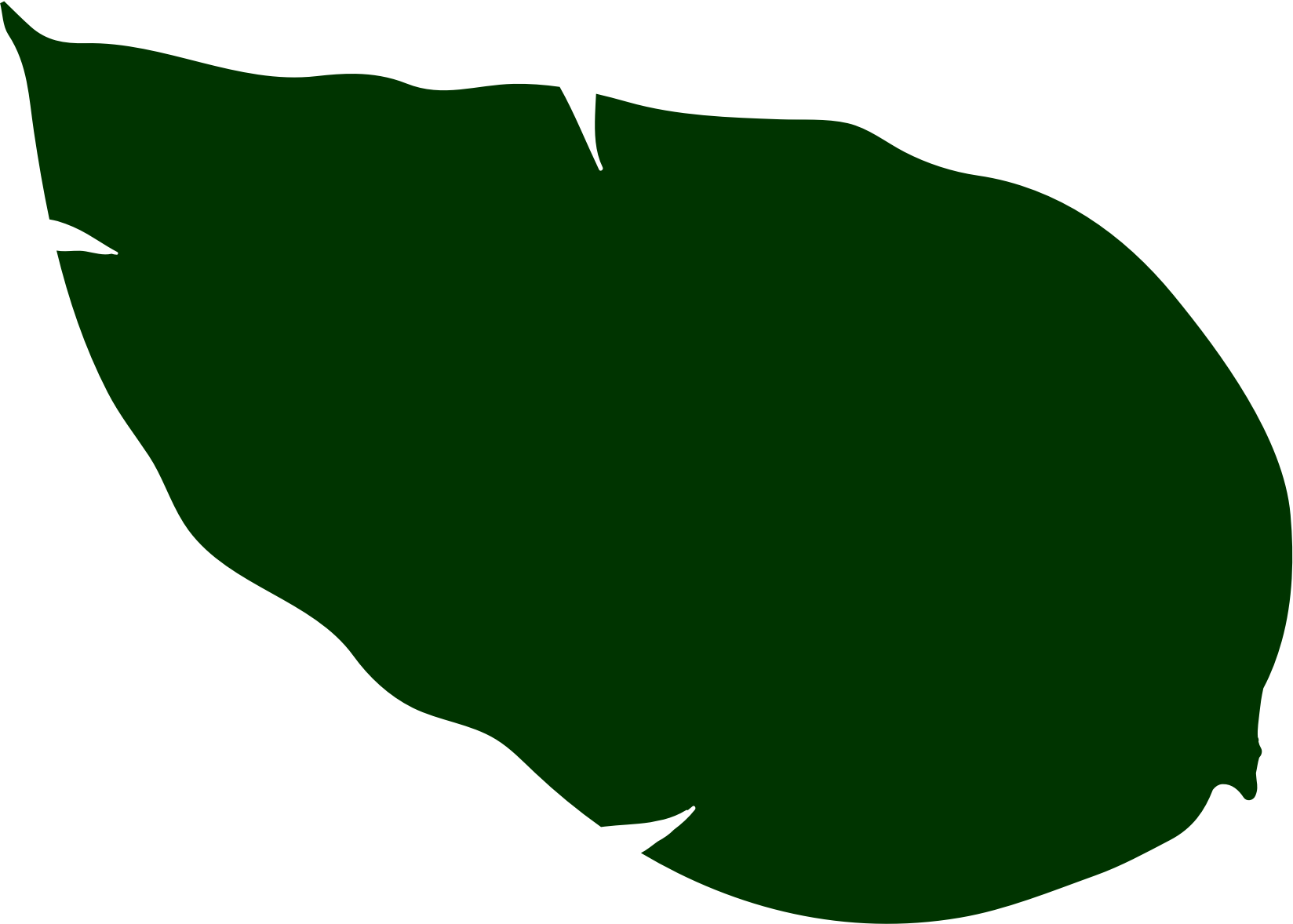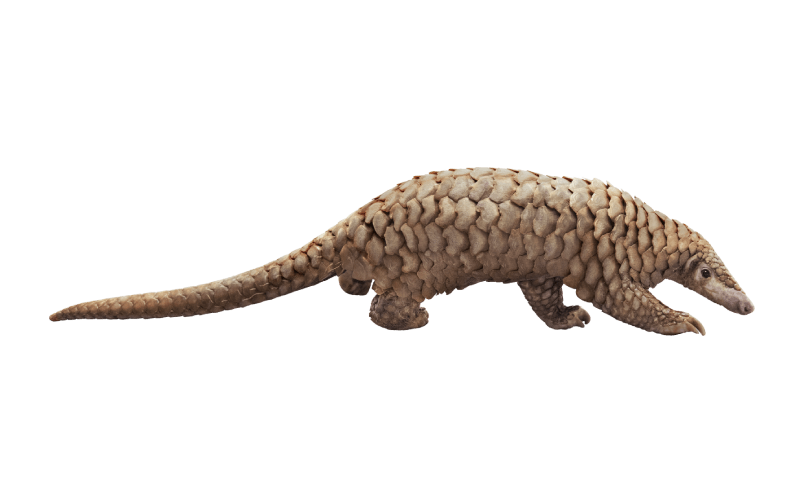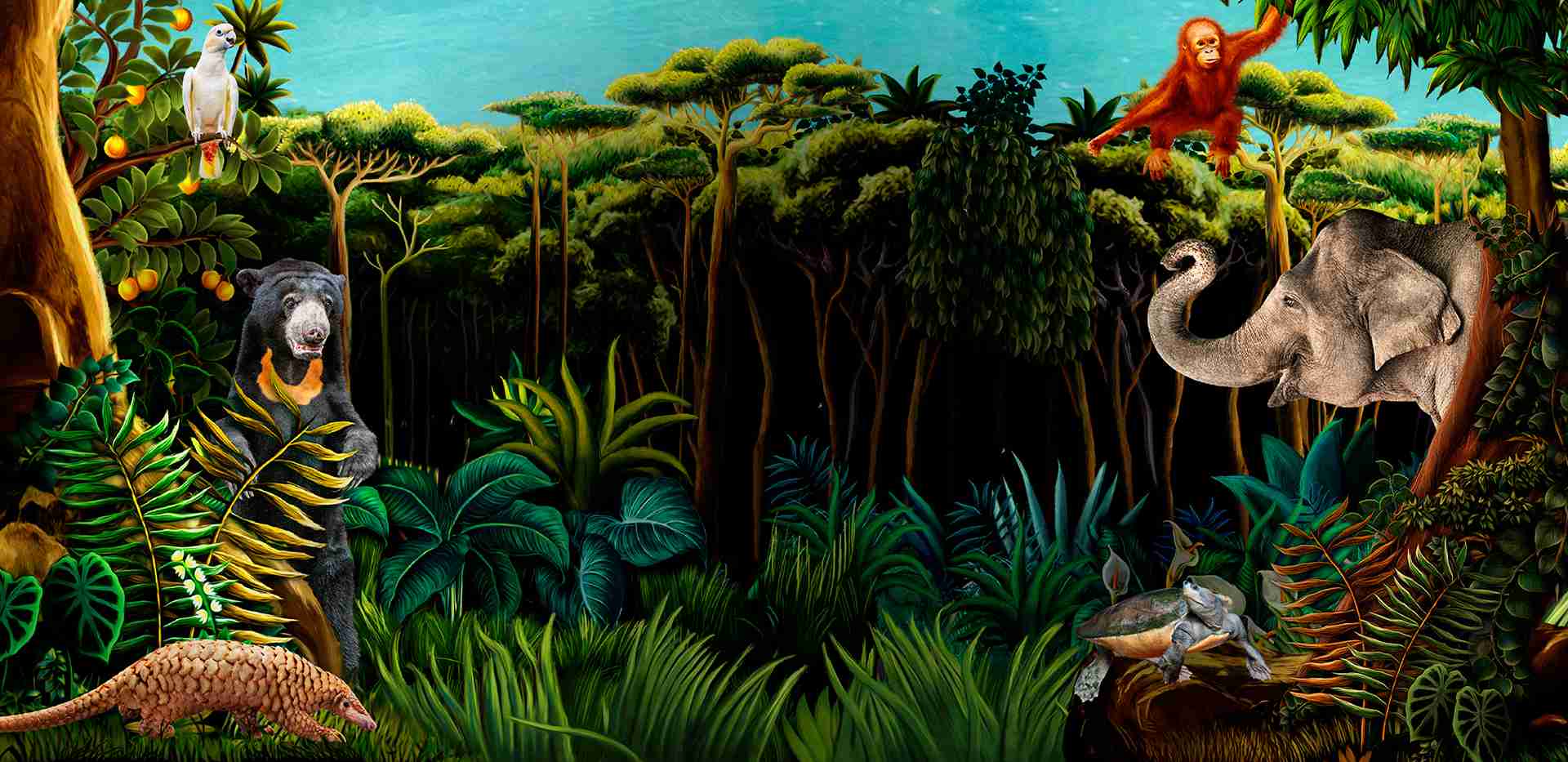


World-class care for our animals
26% of the animal species we care for are threatened with extinction in the wild. We work with zoos globally to ensure the future survival of threatened species in human care. One key area of focus is coordinated exchange programmes for breeding to ensure the genetic diversity of a species.

Conserving biodiversity
Through our conservation arm Mandai Nature, we support local and regional conservation work to reverse species loss, protect ecosystems, and engage local communities. We are directly involved in saving threatened wildlife such as the Sunda pangolin and the Raffles’ banded langur.

Operating sustainably
Our actions and daily activities impact the environment and wildlife. By embracing sustainable best practices, we are working towards a carbon neutral destination and hope to inspire others to live more sustainably.

Living classrooms
A profound wildlife experience can be a great inspiration to change behaviour for positive impact on wildlife and the environment. Through school and community engagement, on-site and online, we hope to deepen people’s connection with the natural world and take positive action to protect wildlife.


